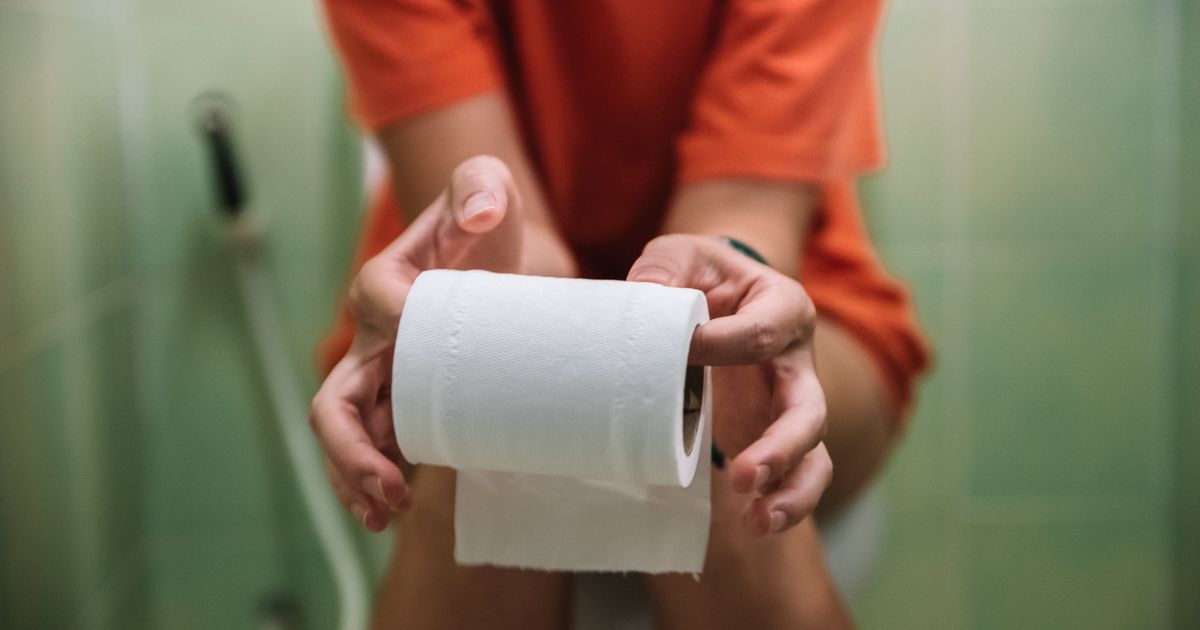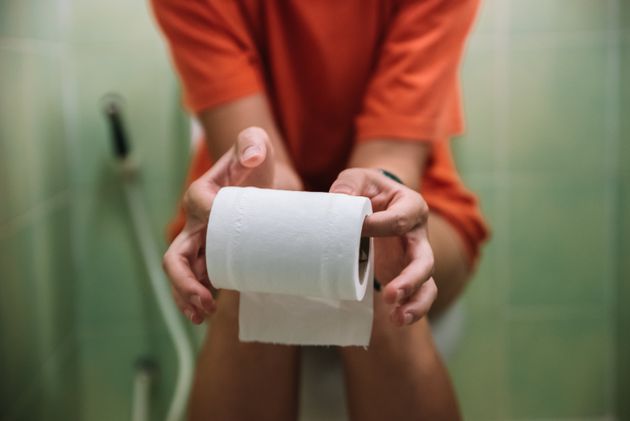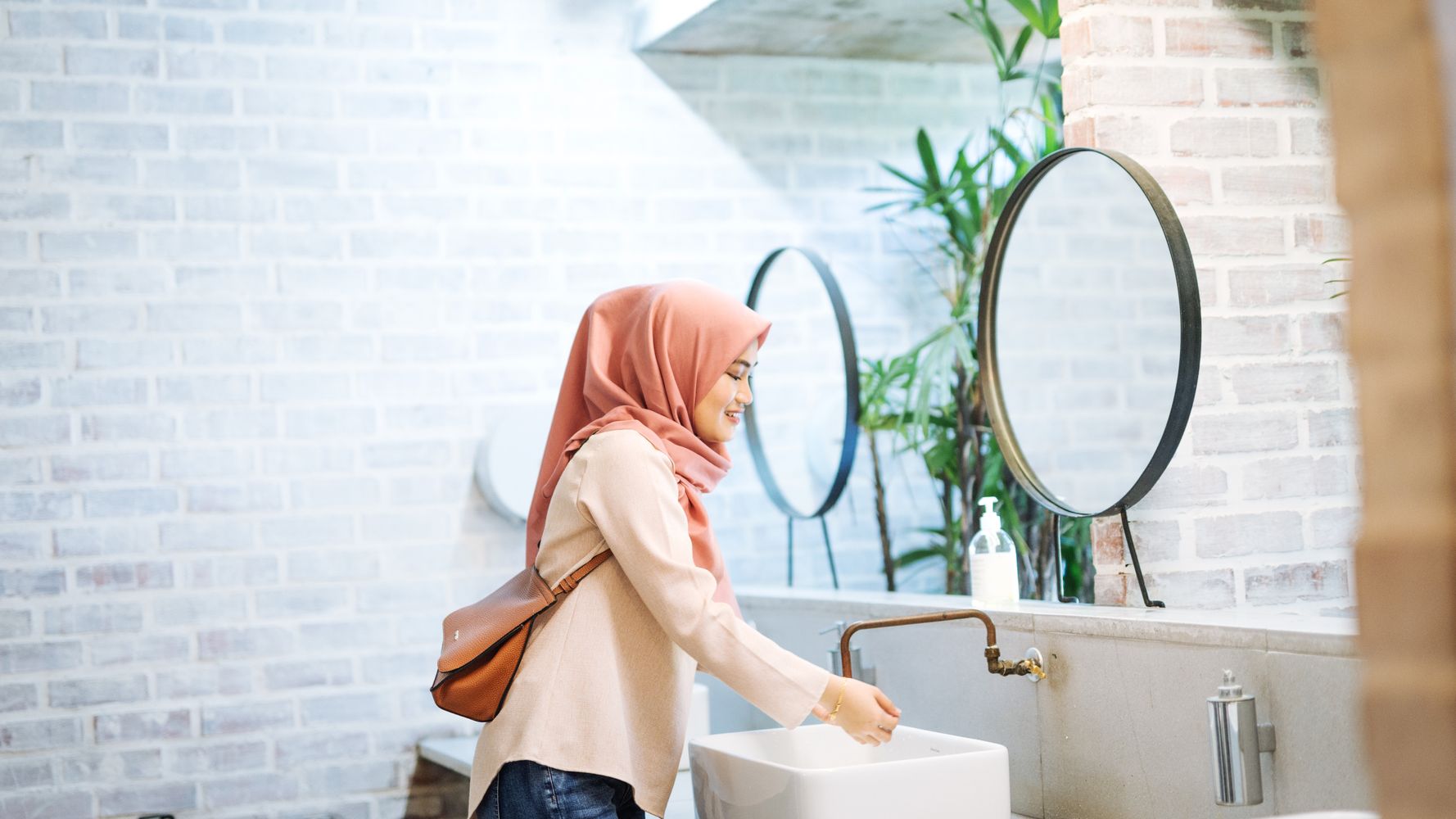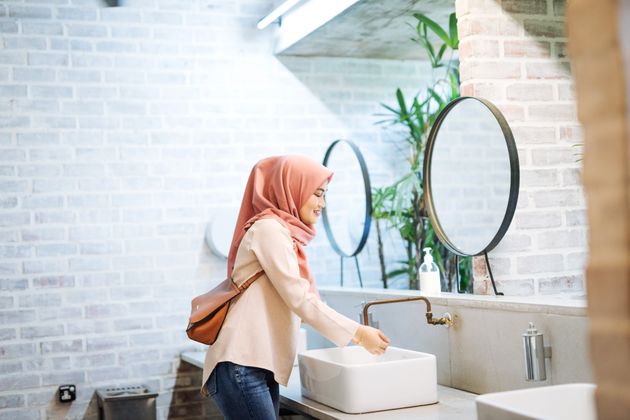
We all know to check for our keys, our phone, and our wallet before we leave the house.
And if you’re anything like me, you’ll also take what I call an insurance wee ― a last-minute pee that you impose on your bladder, regardless of whether or not you need to go, so that you aren’t caught short on the trip.
So, imagine my horror when ― while researching how long is too long to pee last week ― I found out that I actually shouldn’t be indulging in “just in case” wees at all.
Advertisement
What? Why?
According to York and Scarborough Teaching Hospitals NHS Foundation Trust, those in the just in case habit “may have got used to holding only a small amount of urine.”
This can help contribute towards leaky or overactive bladders.
Dr. Rachel Peck, a physical therapist who specialises in strengthening bladders, agrees. She said in a recent TikTok, “normally, the bladder fills at a certain rate, and once we get to a certain point, we’ll kind of get the first urge to go.”
We normally ignore that urge, she says, but as the bladder gets fuller, the urges get stronger.
But “when we get into the habit of always peeing ‘just in case,’ we’re going when it’s not totally full, and we’re starting to train our bladder that this is the appropriate filling spot.”
So, you might end up peeing more often ― without really needing to. That may lead to further insurance pees, which may worsen the condition.
Advertisement
Vicious cycle, right?
Am I doomed if I’ve ever done it?
Well, it seems to be more a question of habit than one-off exceptions. If you’re going for an insurance pee every time you leave for work, that could be an issue, for instance.
Gynaecologist Elizabeth Farrell, medical director at Jean Hailes for Women’s Health told ABC: “If you keep going ‘just in case’ too often, the bladder never fills up properly, then it shrinks a bit.” So if you must do it, try to limit it to special events.
If you’re worried you’ve got an over- or under-active bladder, speak with your doctor.
If you’re not, thought ― and want to keep it that way ― sorry, but I guess we’ll both have to leave the safety of pre-peeing for now.




